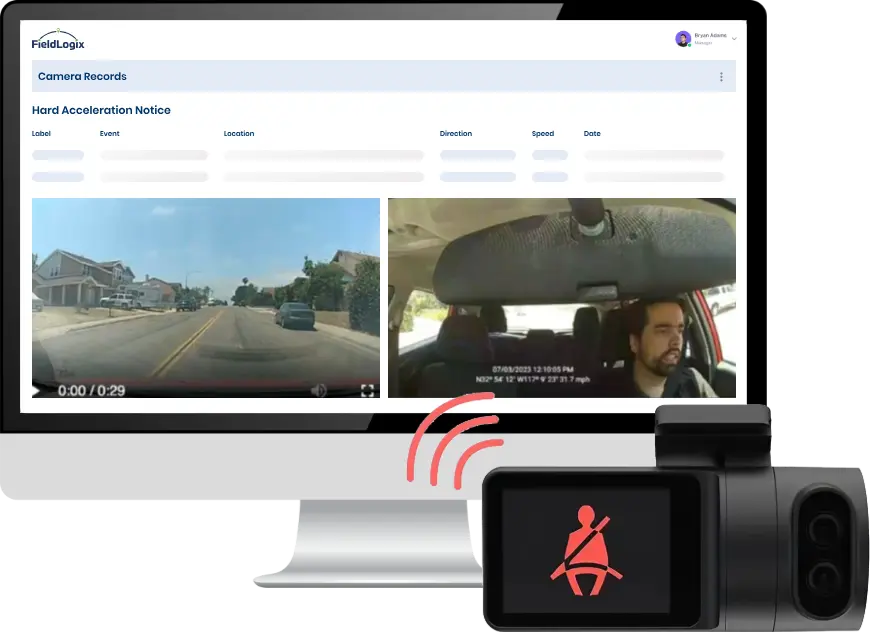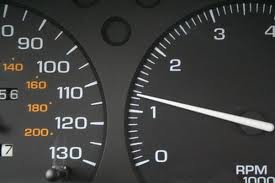Eco-Friendly Driving Habits That Save Money On Fuel
n light of rising gas prices, here are some “Green” driving tips from AAA to help you conserve fuel. The benefits of fuel conservation include a healthier environment, financial savings and improved driver safety. The type of vehicle you drive, how well it’s maintained, and where and how much you drive are the most important factors to consider when trying to conserve fuel.
The high cost of gas is going to take its toll on the entire nation. Fears of inflation continue to fester as the cost of gas is expected to continue increasing throughout 2011.To conserve gas, drivers should slow down and find ways to do more with less.
A variety of transportation modes and commuting options offer choices to meet individual travel needs and help ensure a healthier environment. People are encouraged to try alternative options to driving in order to conserve fuel and protect the environment. For example, to be a more eco-friendly things you could try:
1. Carpooling. Carpooling, also referred to as ride-sharing, allows people to travel together to a destination in one vehicle.
2. Walking or riding bicycles more. Walking instead of driving is good for your wallet and your waist line.
3. Taking the train or coaster.
4. .Utilizing other public transportation options. Public transportation is an essential part of a balanced transportation system.
Trip Chaining
Trip-chaining – combining errands into one trip – is another option to save time and money. Here are a few trip-chaining tips from AAA:










